This is the first time all G7 leaders, including the three nuclear powers of the US, UK and France, have visited the Hiroshima Memorial Museum, which preserves the aftermath of the US atomic bombing of the city on August 6, 1945.
The conference took place from May 19 to 21, bringing together leaders of the world's most developed countries, including US President Joe Biden, French President Emmanuel Macron, German Chancellor Olaf Scholz, British Prime Minister Rishi Sunak, Italian Prime Minister Giorgia Meloni, Canadian Prime Minister Justin Trudeau, President of the European Council Charles Michel, President of the European Commission (EC) Ursula von der Leyen and Prime Minister of the host country, Japan Fumio Kishida.
In addition, the event was attended by leaders of major organizations including the United Nations, the International Energy Agency (IEA), the International Monetary Fund (IMF), the Organization for Economic Cooperation and Development (OECD), the World Bank (WB), the World Health Organization (WHO) and the World Trade Organization (WTO).
Host Prime Minister Fumio Kishida stressed the need for G7 leaders to see firsthand the consequences of the use of atomic bombs. He set the issue of nuclear disarmament as the main topic on the agenda of this G7 summit, considering it the starting point for all future nuclear disarmament efforts.
Prime Minister Kishida stated that the world is witnessing major crises that are shaking the foundations of the international order. Therefore, the goal of this conference is to strengthen the international order based on the rule of law, demonstrate the G7's strong determination to protect this order, and oppose the use of nuclear weapons and the use of force to change the status quo.
As planned, during the 3-day conference, leaders will discuss a range of issues including promoting nuclear disarmament and non-proliferation, promoting a free and open Indo-Pacific region, the Russia-Ukraine conflict, economic security, the resilience of the world economy, climate change, energy, food, health, development, gender equality and digitalization.
On the first day of the summit, G7 leaders will discuss ways to advance nuclear disarmament and issue a document committing to strengthen the nuclear regime established under the Nuclear Non-Proliferation Treaty (NPT). G7 leaders are expected to discuss sending a strong message to the world to affirm that the G7 will promote practical and substantive efforts to move towards a world without nuclear weapons.
Regional issues, including the Russia-Ukraine conflict, are also expected to be discussed on the first day. The G7 summit will affirm the importance and strengthen cooperation to promote a free and open Indo-Pacific. Economic security and the resilience of the world economy will be the overarching theme of the second day. G7 leaders will discuss issues such as strengthening the semiconductor and food supply chains, public health, development aid, gender equality and climate change. The final day of the summit is expected to discuss promoting world peace.
Within the framework of the G7 summit, there will be 3 G7 expanded meetings with 8 invited countries: Vietnam, India, South Korea, Australia, Indonesia, Brazil, Cook Islands and Comoros. The G7 wishes to strengthen relations with the countries of the Southern Hemisphere (a term referring to developing and emerging countries in regions such as Asia and Africa), especially in the context of the world facing many fluctuations that require the cooperation of all countries. This is also an opportunity for developed countries to discuss with representatives of developing and emerging countries on cooperation issues, demonstrating the G7's contribution to these countries on issues of common concern.
Strict security measures have been in place in Hiroshima since May 18. Hiroshima Prefectural Police have aimed to halve traffic during the summit and have urged residents to limit their use of private cars. Commercial drivers have been asked to operate between midnight and 6 a.m., when travel restrictions are less likely. At least 140 public schools have been closed for the summit amid concerns that students and staff will have difficulty getting to and from school. Businesses have also been affected, including major automaker Mazda Motor Corp., which is suspending operations from May 18 to 22.
According to Kyodo news agency, up to 24,000 security personnel will be mobilized during the conference, more than four times the number of 5,600 personnel mobilized for then-US President Barack Obama's visit to Hiroshima in May 2016.
News and photos: VNA
Source


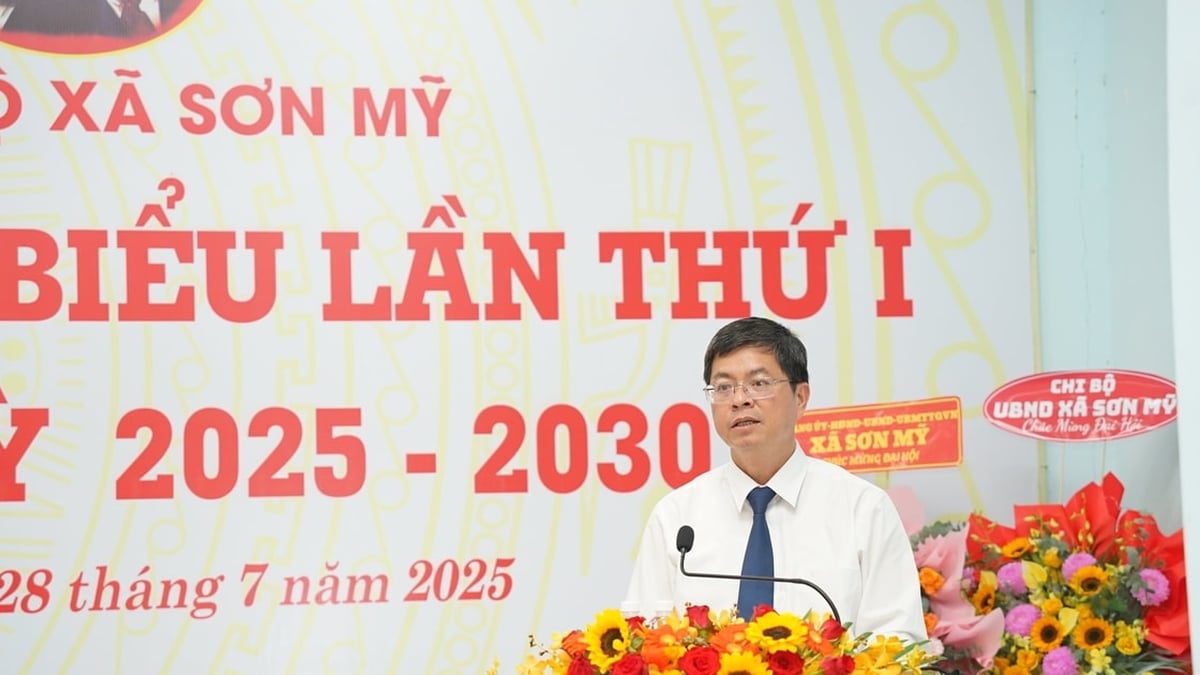
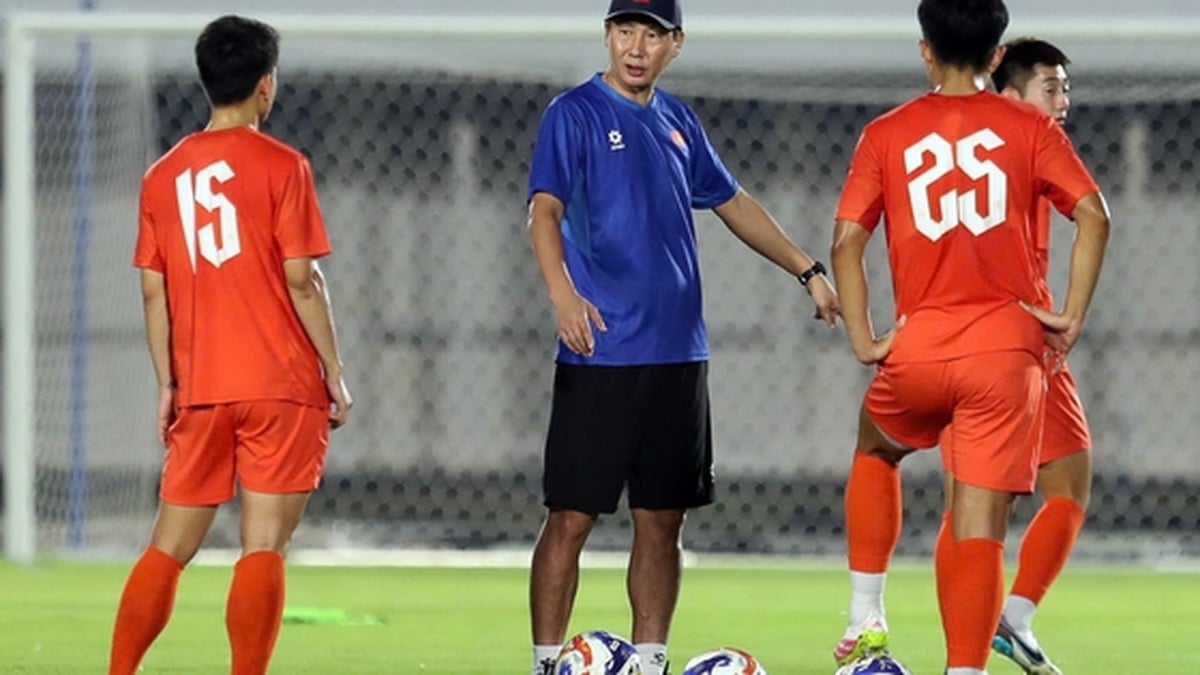
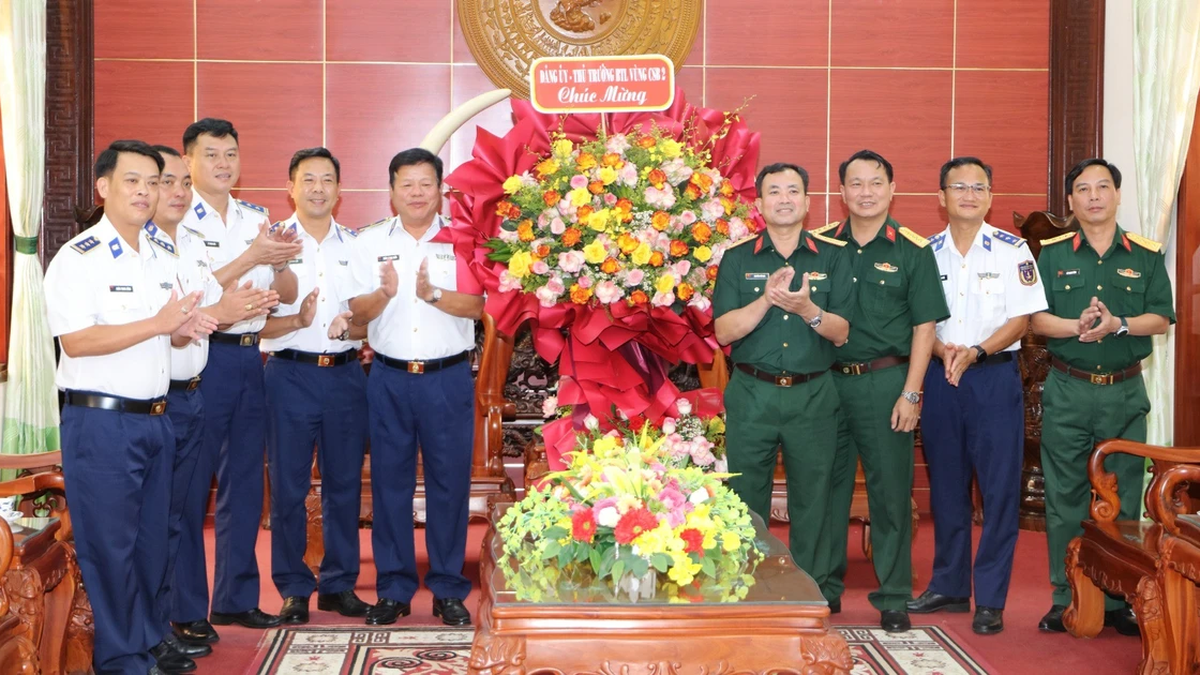


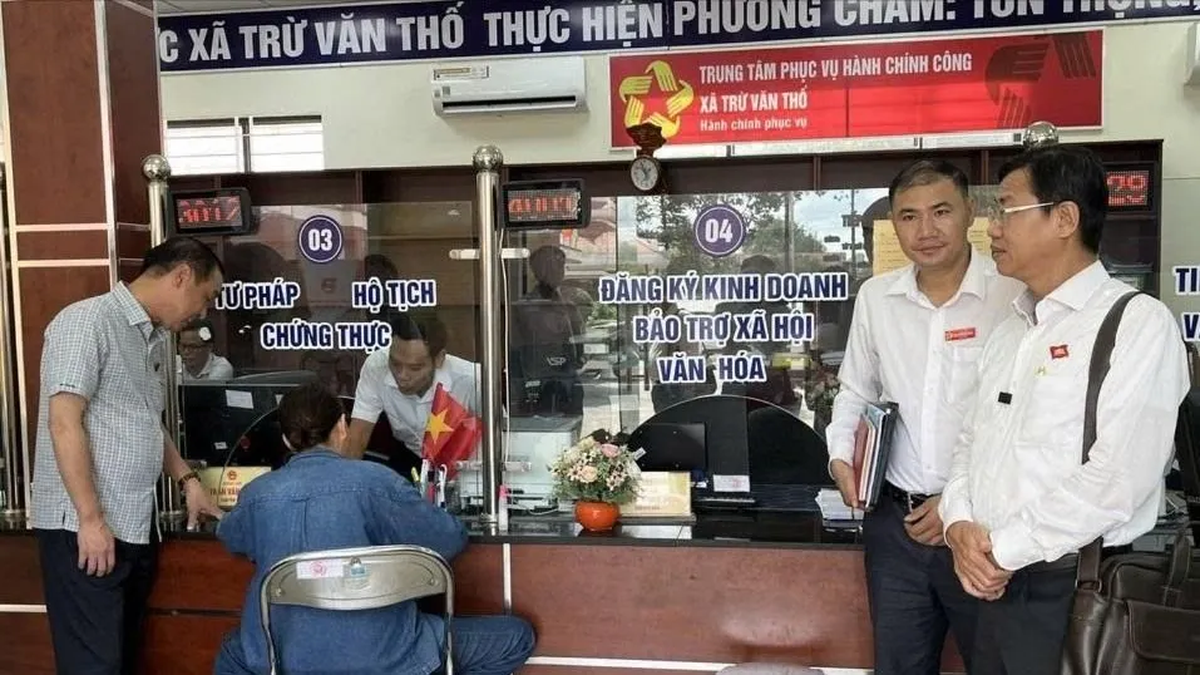
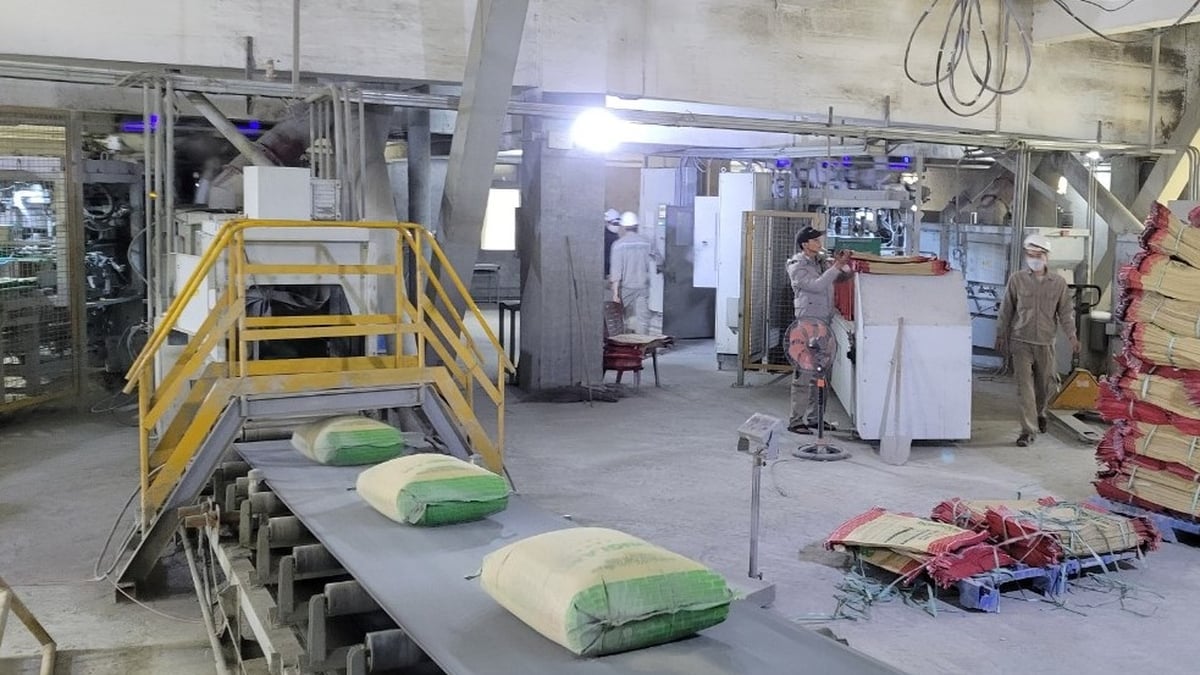
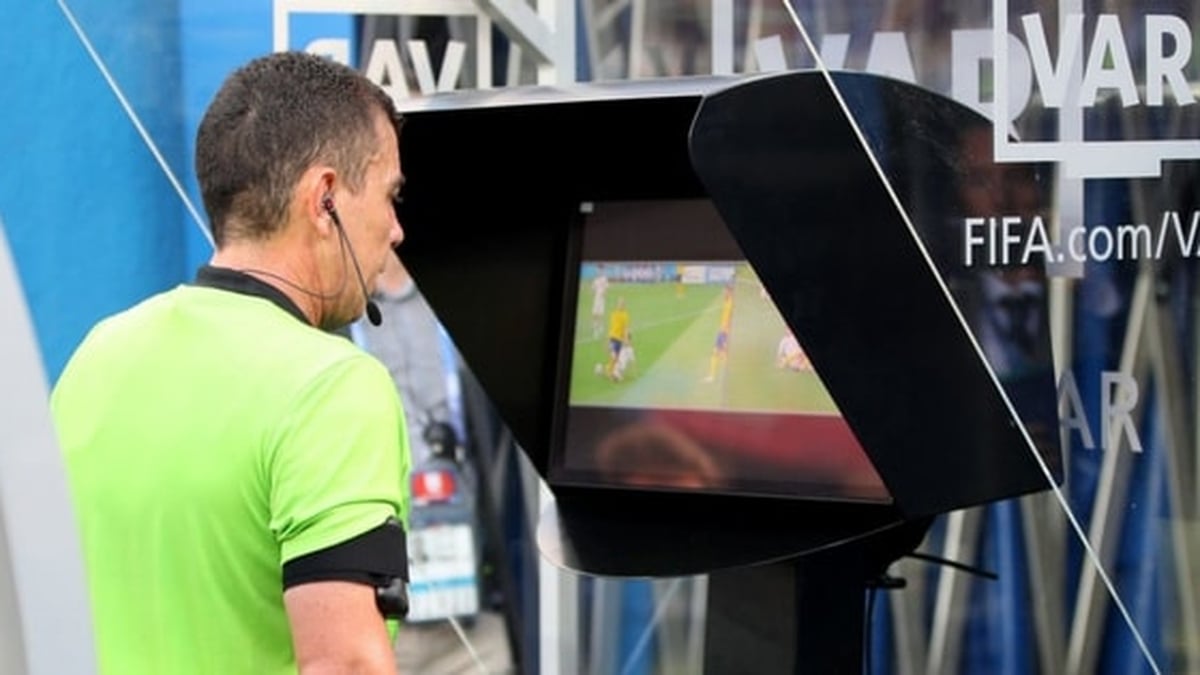
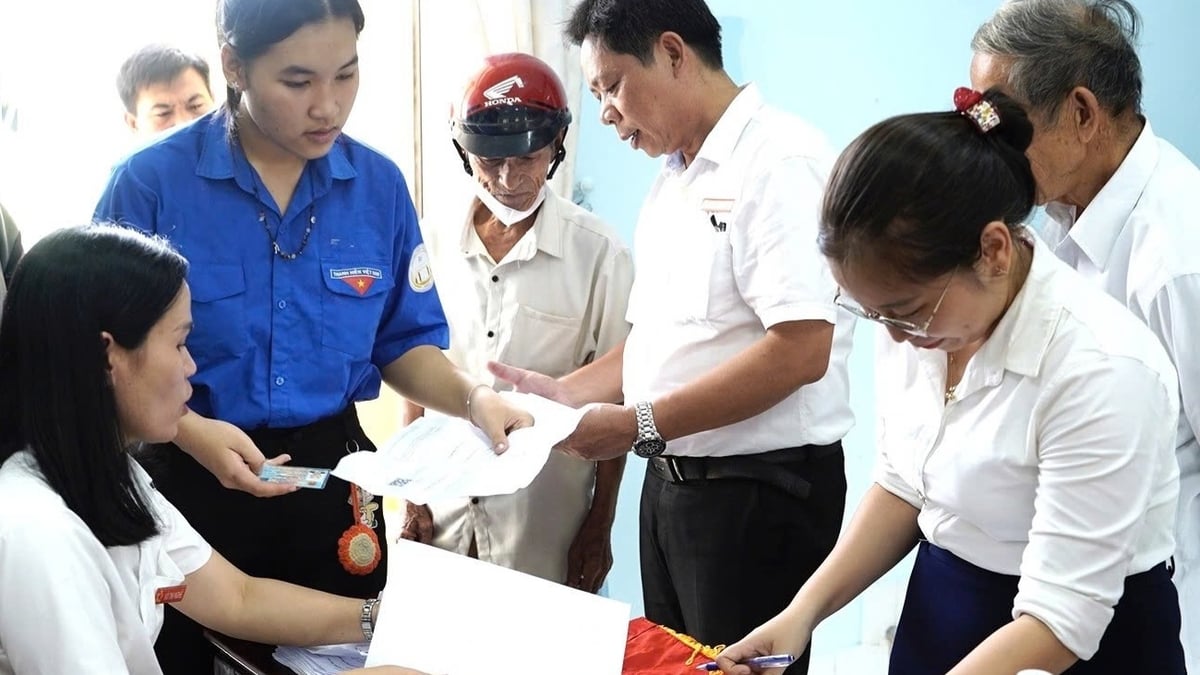
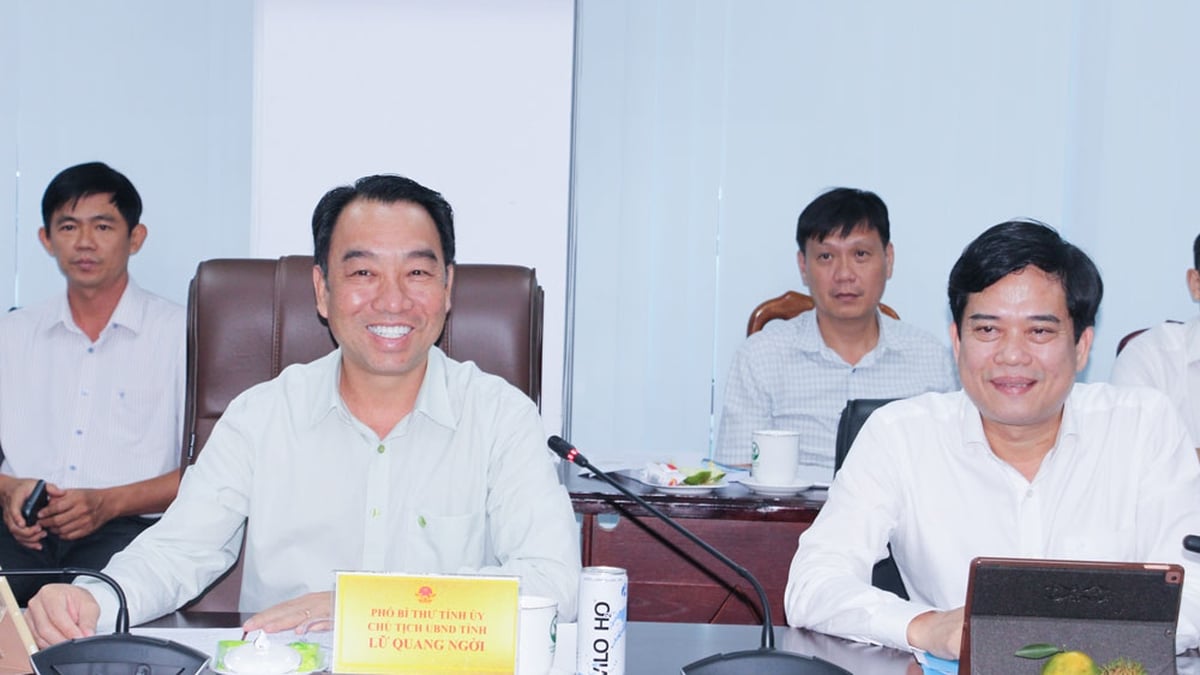











![[Photo] National Assembly Chairman attends the seminar "Building and operating an international financial center and recommendations for Vietnam"](https://vphoto.vietnam.vn/thumb/1200x675/vietnam/resource/IMAGE/2025/7/28/76393436936e457db31ec84433289f72)












































































Comment (0)